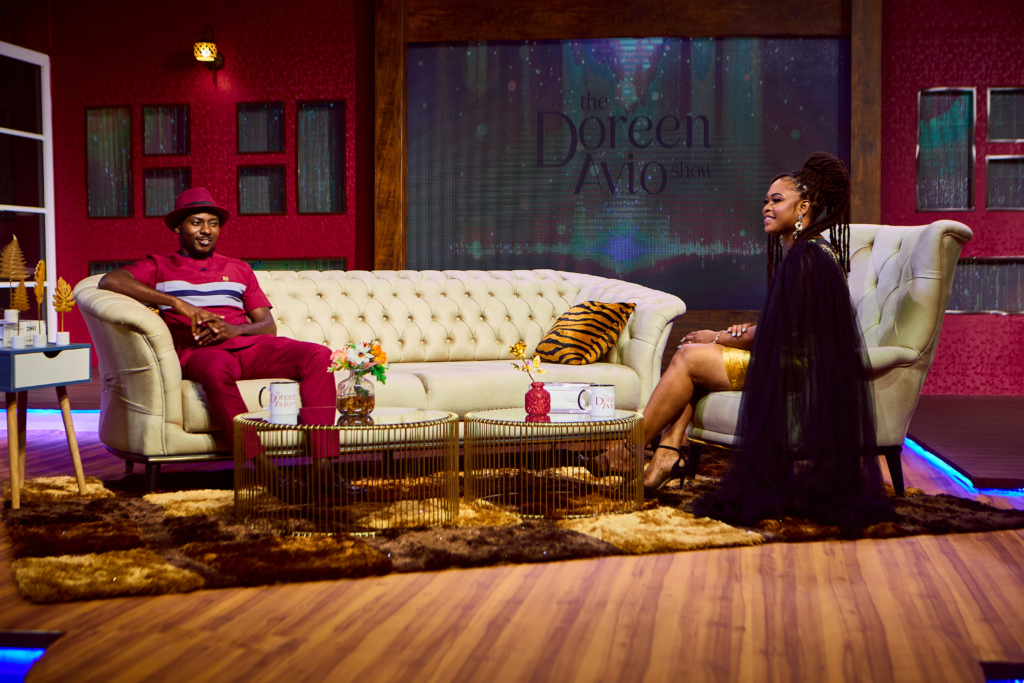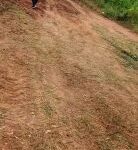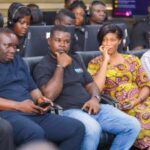He began cultivating his dreams of becoming a painter as early as elementary school.
Despite the stiff opposition from his class teacher and school, he stood firm to achieve his goal.
Today, Prince Kojo Hilton is one of Ghana’s most celebrated artists, with his work receiving global recognition.
He recounted telling his teacher he would become the greatest artist in the world, although the teacher ridiculed him.
He is a film director, actor, cynic, and special effects artist, to name a few of his occupations.

Speaking on The Doreen Avio Show, which airs on Joy Prime, Mr. Hilton said that his guiding principle as a painter is to solve problems with his paintings.
“We need to encourage our young folks, our kids, to understand that art is not only about drawing and painting. But artists must be dynamic, You don’t have to learn to be a sculptor or a painter. You must learn to be a creator or an inventor. I don’t just paint. I paint to solve problems,” he said.
This, according to him, is the surest way to make the world a better place for all.
One of his masterpieces, AMANUA (Art Movement Against Novel Coronavirus Upon Africa), is aimed at tackling the COVID-19 pandemic and its associated issues in one painting.
The painting, in part, depicts the tragedy that befell the African continent and the hope of overcoming the challenges.
It also shows the unrelenting efforts of health workers who sacrificed their lives to save the lives of individuals who contracted the virus.
“Honestly, this work is to celebrate the hard work of the health workers and front-line workers who sacrificed their lives to help fight the virus. It looks as if they’ve been neglected. There’s been no appreciation for these people, the health workers and the front-liners, ever since this COVID thing happened, and it is very challenging for them. There will be a time we will fully explain this work,” he told Doreen Avio.
Mr. Prince Hilton was appointed Pan-African Ambassador for Painting in 2019 based on his work and projects.

With his 12 years of experience, the artist has made a concerted effort to support and encourage visual arts students in Ghana, preparing them for the world of work.
He, however, bemoaned the little attention given to the art industry and called on the government to see the sector as a key form of development.





